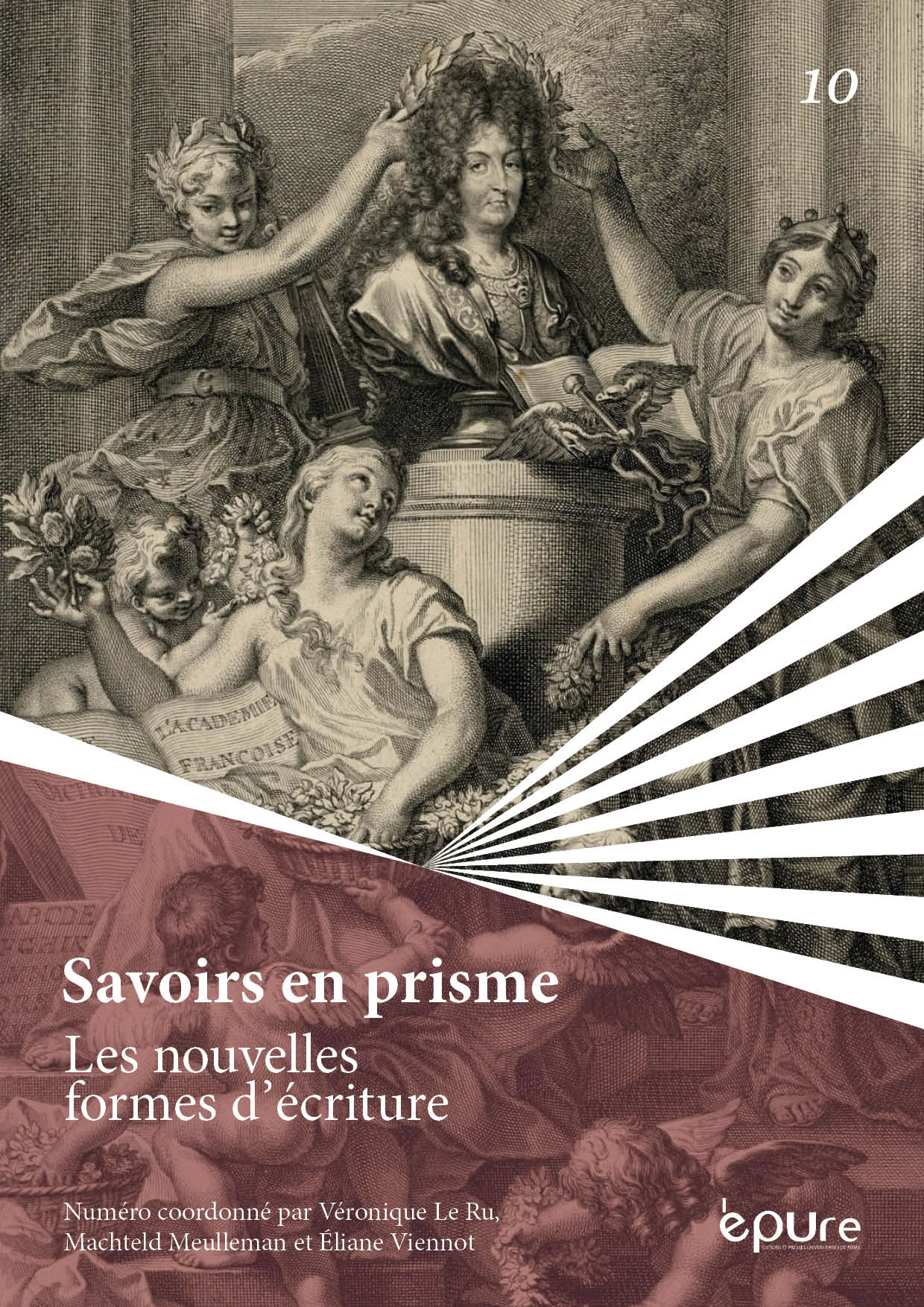Le masculin et ses multiples sens
Un problème pour notre cerveau… et notre société
Abstract
The so-called generic usage of the masculine in French, or more generally in Indo-European languages, as in les étudiants [the studentsmasculine form] denotes a certain form of androcentrism. First, it forces us to perceive the world through a masculine prism. Then, it generates male biased representations, favorable to men. Finally, it represents a profound linguistic asymmetry, as the masculine form is associated to many meanings, whereas the feminine form has only one meaning. In this article, we will address these issues, and illustrate our arguments with recent research in the psychology of language. We will then discuss different linguistic forms aimed at countering the use of the dominant masculine form, question their potential inclusiveness, in terms of women and men but also in terms of non-binary gender.
Copyright (c) 2019 Savoirs en prisme

This work is licensed under a Creative Commons Attribution-NonCommercial 4.0 International License.


